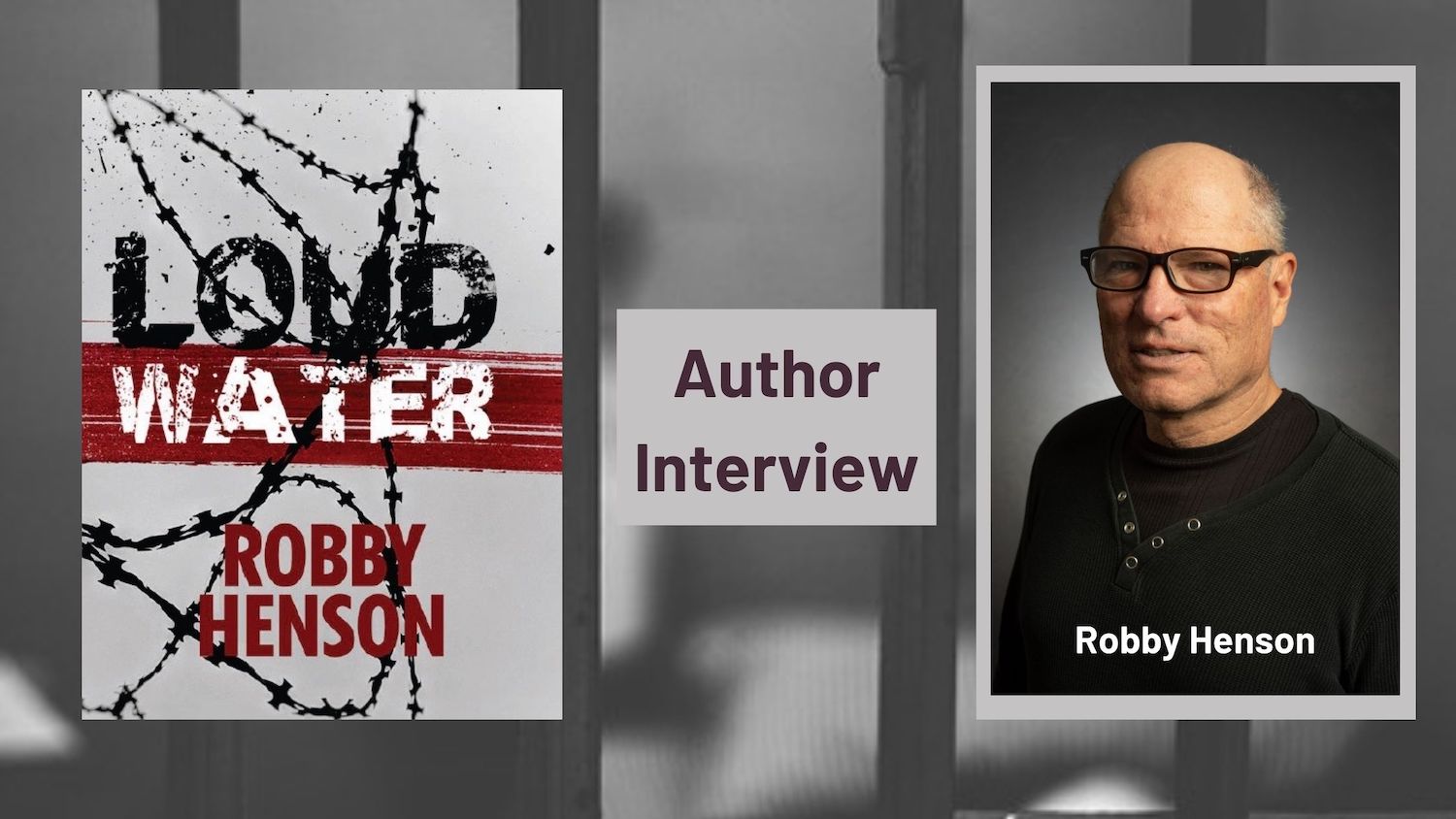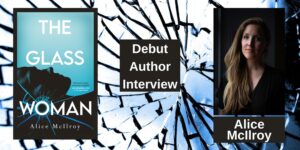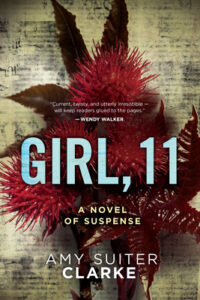Loud Water, debut novel from Robby Henson
Author Interview + Book and Author Info
Don’t miss any debut author interviews! Click the link here.
Loud Water
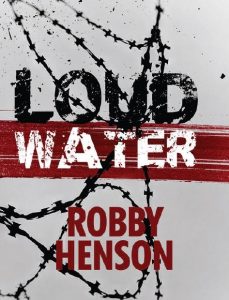
Eight years into a 15-year sentence, Crit Poppwell finally discovered something he was good at, besides destroying his family and abusing drugs. He found art.
The solitary act of drawing, painting and creating brings a calmness and separation from the prison chaos. A dreadlocked Dominican nun who teaches art classes behind-bars encourages Crit to paint the “truth in things.”
She even helps him parole out, back to “bloody” Breathitt County where his brother is the reigning crystal meth kingpin and his ex-wife wants him dead for an unforgivable past crime that haunts his every heartbeat forward.
Crit returns to his Appalachian hometown with ringing tinnitus in his ear from a prison brawl, and a desire to change his DNA. But he soon meets a hot-mess substance abuser and her son, and his reluctant, then fully committed desire to help her puts him in the crosshairs of his brother’s wrath.
Can Crit flush the past from his blood and bones and use his newfound creativity to change his life and save others? Or die trying?
To purchase Loud Water, click on the following link: Down & Out Books.
Interview with Robby Henson, author of Loud Water
Loud Water is set first in prison and then a town in Appalachia. Tell us what it was like writing about those two environments?
The story on which my novel is based was originally a screenplay that I worked on with the filmmaker Charles Shouse.
Charles is from the Appalachian town of Jackson, Kentucky, the primary backdrop of the story. I did work in the film industry for a number of years and wrote and directed several crime and thriller films. And I always believed strongly in this story. And during the recent Covid pandemic, when I had some down-time I challenged myself to tell this story in the novel form. The novel did change greatly from the screenplay, it went more internal, stretched out a bit, the world got flushed out with more characters and situations. And I struggled to develop a writing style in the 3rd person that allowed the reader to feel the subjectivity of the main character.
Nobody told me I had to do that, but after writing the first couple of pages, I became aware that’s what I wanted to do and was trying to do on every page. In regard to the source material, I always believed strongly in its core story about an inmate who struggles to change his DNA through creativity. I actually work with a prison program Voices Inside that teaches writing and performance skills behind bars, and the incarcerated artists I work with in that program were also a big influence.
What would you like readers to know about Crit Poppwell, protagonist in Loud Water?
One of my big influences in writing Crit’s character was the screenplays of Paul Schrader (Taxi Driver, Raging Bull) and particularly his last film First Reformed with Ethan Hawke as a tortured priest. The primary conflict in Schrader’s film’s is always a protagonist fighting himself. Likewise, Crit, as a character, struggles to change his life, so he can help others, but when he’s saddled with so much guilt and baggage, he’s a poor bet to succeed, but I’m hoping the readers are rooting for him.
What is the significance of the title, Loud Water?
I came to the idea late that Crit suffered from tinnitus from an un-provoked prison yard brawl. But it made a lot of sense, when I put that in, that a character saddled with so much guilt might have a grinding symphony in his head that only he can hear.
The description of the tinnitus as sounding like Loud Water in a creek after a rain came to me in a poem by the poet Maurice Manning who used that phrase to describe a Kentucky creek.
Loud Water has been categorized as noir and Southern Gothic noir, what do those subgenres mean to you? How do those conventions play out in your debut?
I have been a big fan of Southern Noir, both in film and on the page. I absolutely love Winters Bone, both the book and the movie.
Woodrell and MacCarthy are the top of the heap, to me, in Southern crime fiction. In my opinion, Southern Noir means a strong sense of place is just as important as the crime plot and character.
You have also worked in film and theater. How has your experience with the stage and screen impacted you as a novelist?
I got an opportunity early in my film career to work with Norman Jewison and hear his stories about making In the Heat of the Night, and his 30 other films. That was a big influence.
I’ve written over 40 screenplays and only a handful got made. I think that struggle and experience in the film business really hammered into me the importance of story and character. When I started writing Loud Water I didn’t know if I could write a novel, and then I did.
I feel eternally blessed and so grateful that Down and Out Books accepted it for publication and my first book won’t end up in a box in my closet. Whew. Dodged the bullet there.
What are you working on now?
I’m working on a novel set in prohibition about a revenue agent that is very loosely based on my grandfather. And every once in a while someone will still bring up a film project and I’ll get overly excited for minute, but I’m liking this novel thing, it’s less dependent on the whims of others, as my main creative outlet going into the future.
Words of Wisdom for Aspiring Writers:
Read a lot. Know what gets you excited in the work of others and why. And I remember I picked up an aphorism somewhere, that stuck in the back of my head—forge sentences that have some kind of truth in them. Each one of them.
Great advice! Thanks for visiting with me and my readers, best of luck with your debut.
Robby Henson, author of Loud Water
 Robby Henson is a filmmaker, screenwriter, theater director and arts-behind-bars instructor.
Robby Henson is a filmmaker, screenwriter, theater director and arts-behind-bars instructor.
He received his M.F.A. from NYU’s graduate film school and has written and directed several documentaries for PBS as well as five feature films—The Badge, Pharaoh’s Army, The Visitation, House, and Thr3e.
His films have been seen at Sundance and around the world and he is a member of the Writers Guild of America.
He currently teaches screenwriting at the University of Kentucky and is also Artistic Director of Pioneer Playhouse, a regional theater in central Kentucky, where he runs their outreach program Voices Inside that instructs incarcerated writers in writing and performance skills so as to fight recidivism.
To learn more about Robby, check out his website.
Elena Taylor/Elena Hartwell
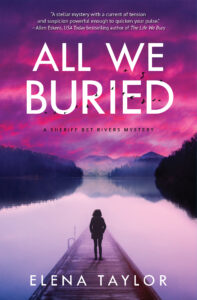
All We Buried, available now in print, e-book, and audio.
Silver Falchion Award Finalist, Best Investigator
Foreword INDIE Award Finalist, Best Mystery

